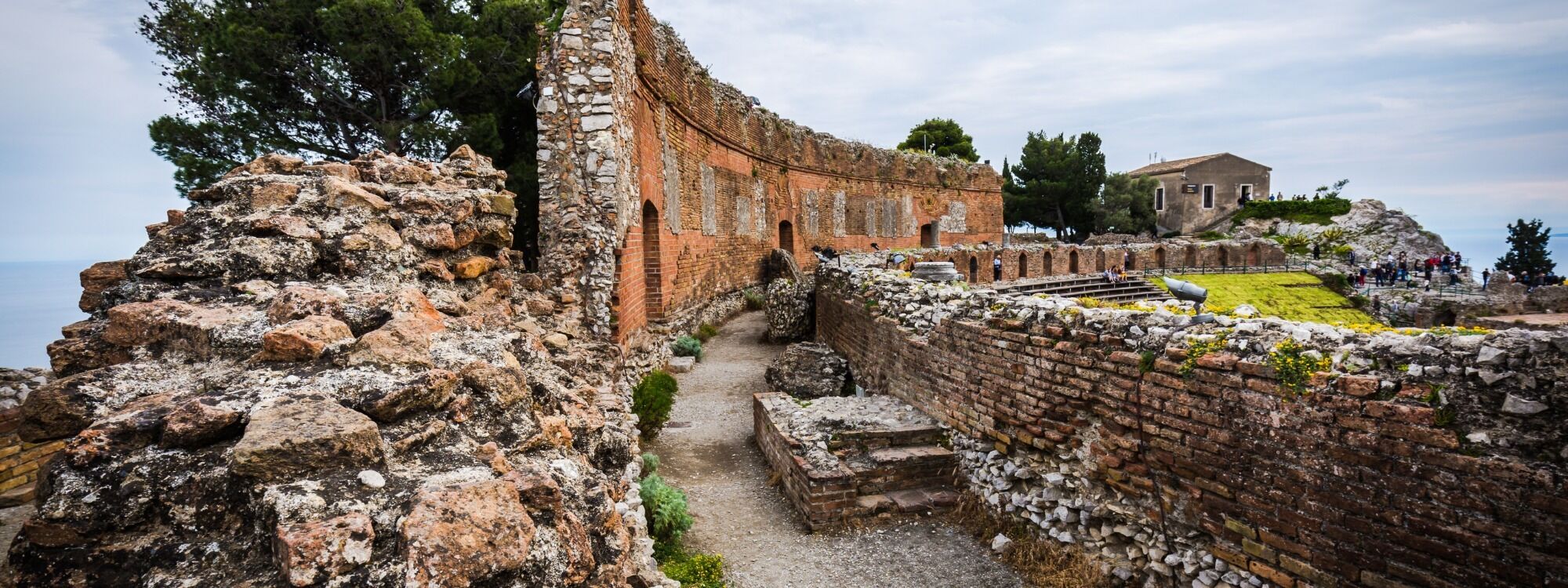
Classical Civilisation
‘Classics is about the past, but it's also about how we understand ourselves now...Classics students are trained to think hard, to express themselves and to write well qualities a hell of a lot of employers are looking for.’
Mary Beard, Classicist
We build upon the classical tradition in this school which has been unbroken since it was founded. We offer the full complement of classical subjects at Simon Langton Grammar School; one of a handful of state schools offering Greek at GCSE and A-level. Classics has a vital role to play in the school’s curriculum for the following reasons:
- Classical Civilisation sets our own civilisation in context. The impact of Greek and Roman civilisation on European thought & culture was transforming and enduring. We present this creatively in the classroom and enhance the curriculum with trips to Italy and Greece, and to drama productions and museums in London.
- The study of Latin & Greek provides an in-depth understanding of language structure which builds steadily on the journey from year 8 to year 13.
- All 3 subjects (Latin, Greek & Classical Civilisation) provide access to some of the most influential western literature: Homer’s Iliad, Virgil’s Aeneid and the works of Euripides, Sophocles and Aristophanes.
- We provide the opportunity to access classics at all levels, from year 8 to university entrance. Every student has a chance to encounter this from year 8 onwards.
- In the sixth form we produce ambitious classicists of the highest calibre who understand how to access the latest research and compete with the best students nationally
Minimum Entry Criteria
Desired: 7 in Classical Civilisation or 7 in English Language or English Literature (or other humanity)
Essential: 6 in Classical Civilisation or 6 in English Language or English Literature (or other humanity)
Board
OCR
Outline of the Course
Unit 1: The World of the Hero (H408/11) Homer’s Iliad and Virgil’s Aeneid
- Study two of the cornerstones of Western Literature. Analyse the plot and characters present in the set books of both pieces of epic poetry and compare themes such as heroism, the role of the gods and fate, the position of women and the context in which both texts were composed
Unit 2: Culture and the Arts: The Greek Theatre (H408/21)
- This unit takes a holistic approach to the topic. You will study two tragedy plays (Sophocles’ Oedipus the King and Euripides’ Bacchae) and one comedy play (Aristophanes’ Frogs) and analyse key themes and plot devices. Also you will look at the context in which the plays are set, theatre conventions and our sources of information on the Greek theatre and what it reveals about Greek society
Unit 3: Beliefs and Ideas: Politics of the Late Republic (H408/33)
- Study in detail the political structure of 78-43BC and key individuals such as Sulla, Julius Caesar, Cicero, Pompey and Crassus who drastically changed the political landscape of the time. Analyse set sources to look at the causes and consequences of political scandals, alliances and civil wars
Assessment
Type of Assessment |
Duration |
Weighting |
|
1 |
Passage questions from extracts of the set books that have been studied. A comparative question between the Iliad and the Aeneid. A choice of 2 essays. |
2 hours 20 minutes |
40% |
2 |
Short factual knowledge questions. A commentary question based on an extract from one of the set plays/sources. A choice of 2 essays. |
1 hour 45 minutes |
30% |
3 |
Short factual knowledge questions. A commentary question based on an extract from a set source. An own knowledge explanation question. A choice of 2 essays. |
1 hour 45 minutes |
30% |
| Subject Documents |
|---|
| COURSES BOOKLET |




